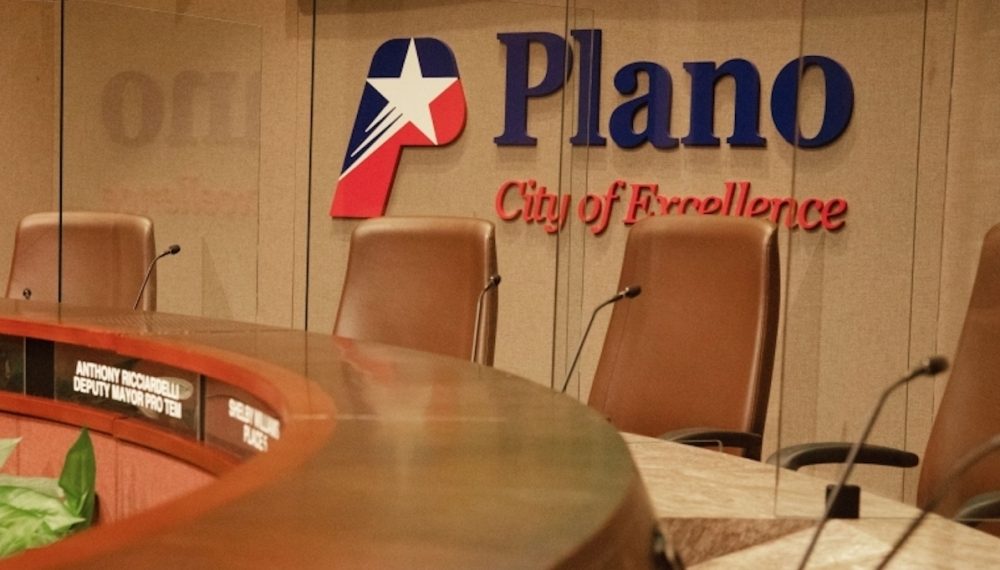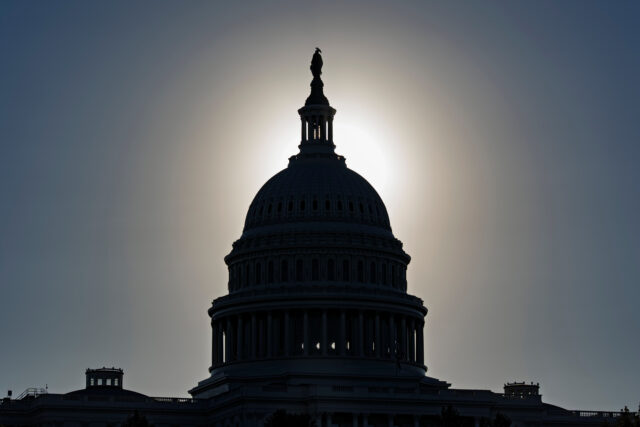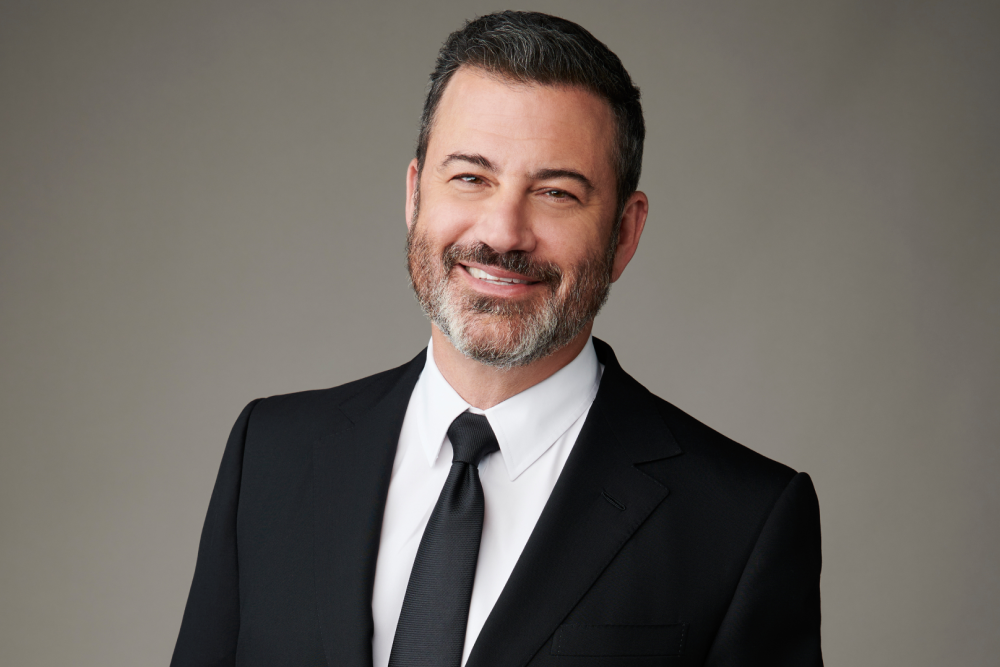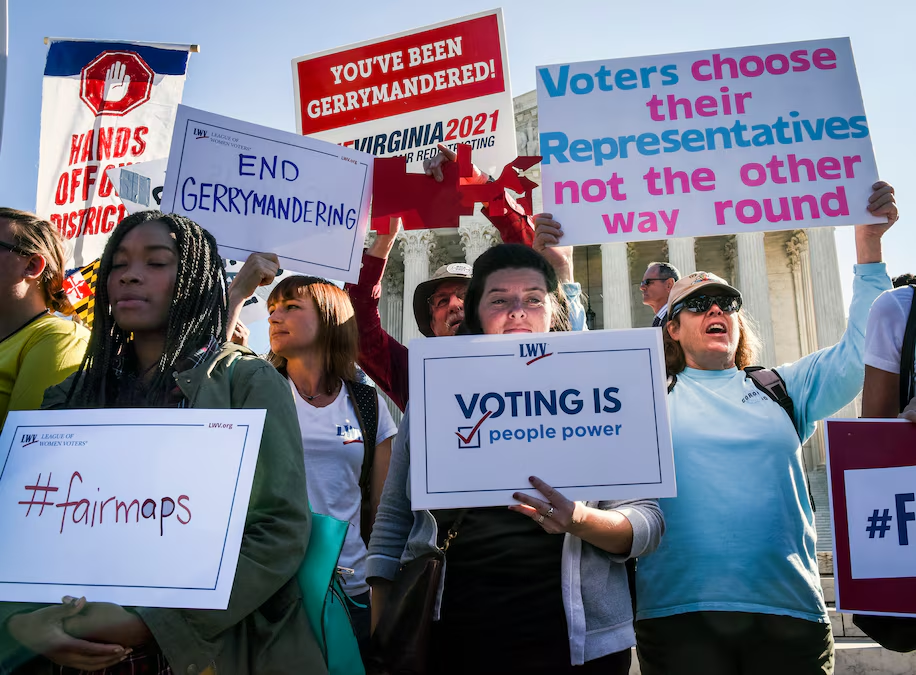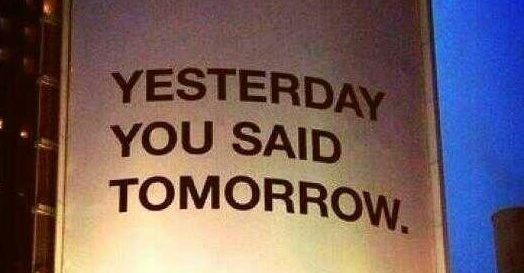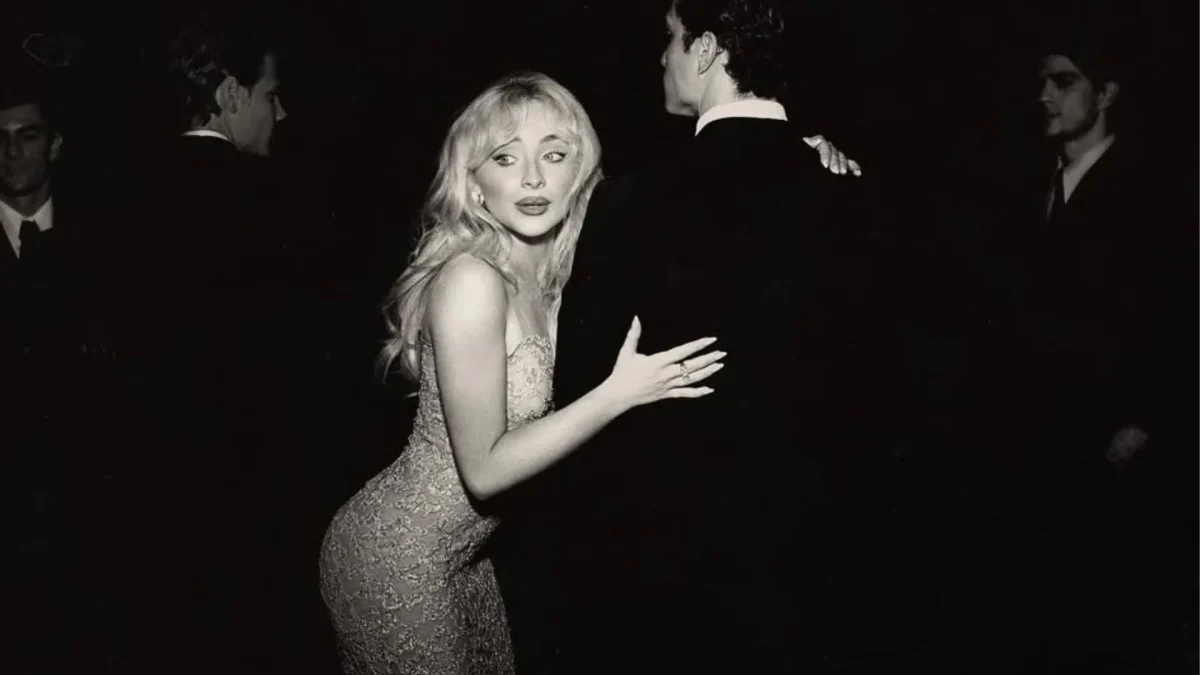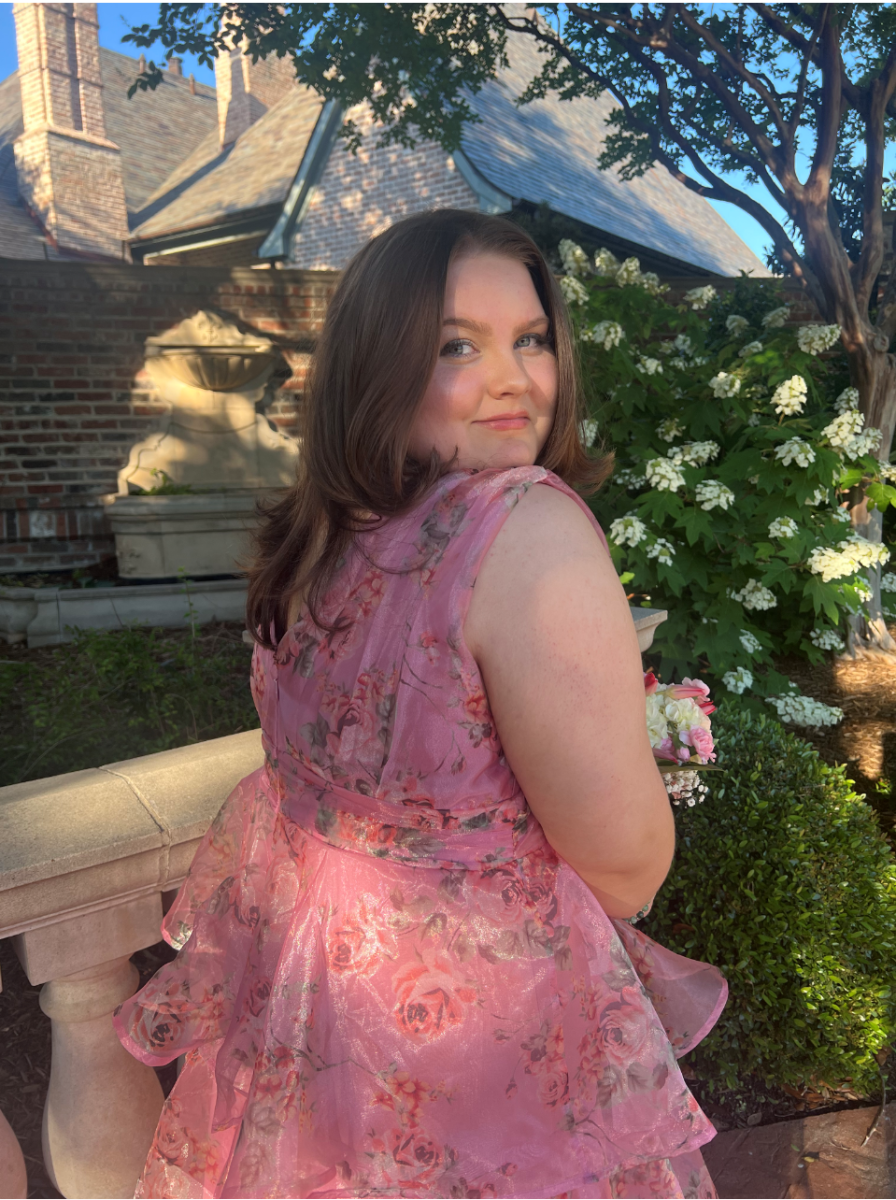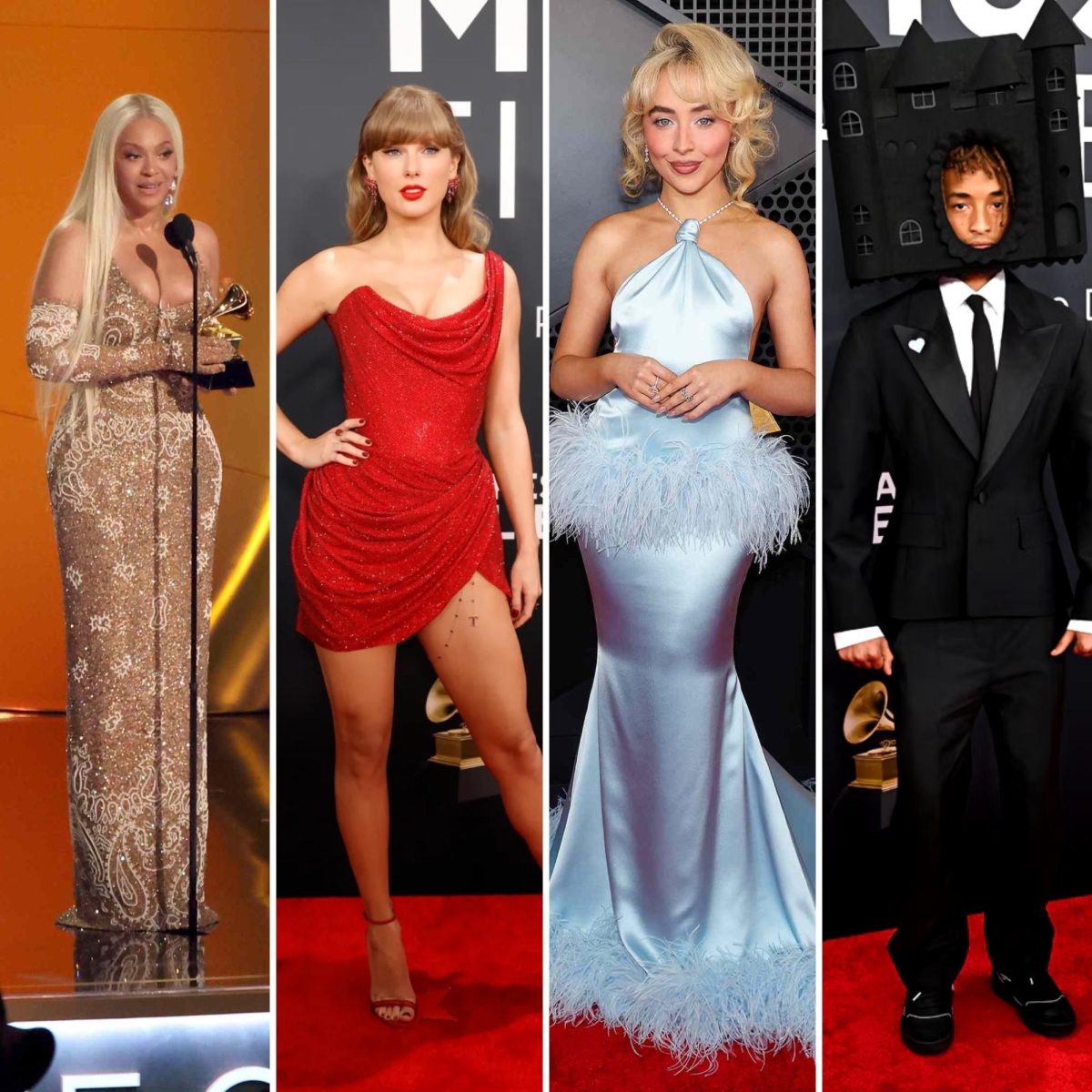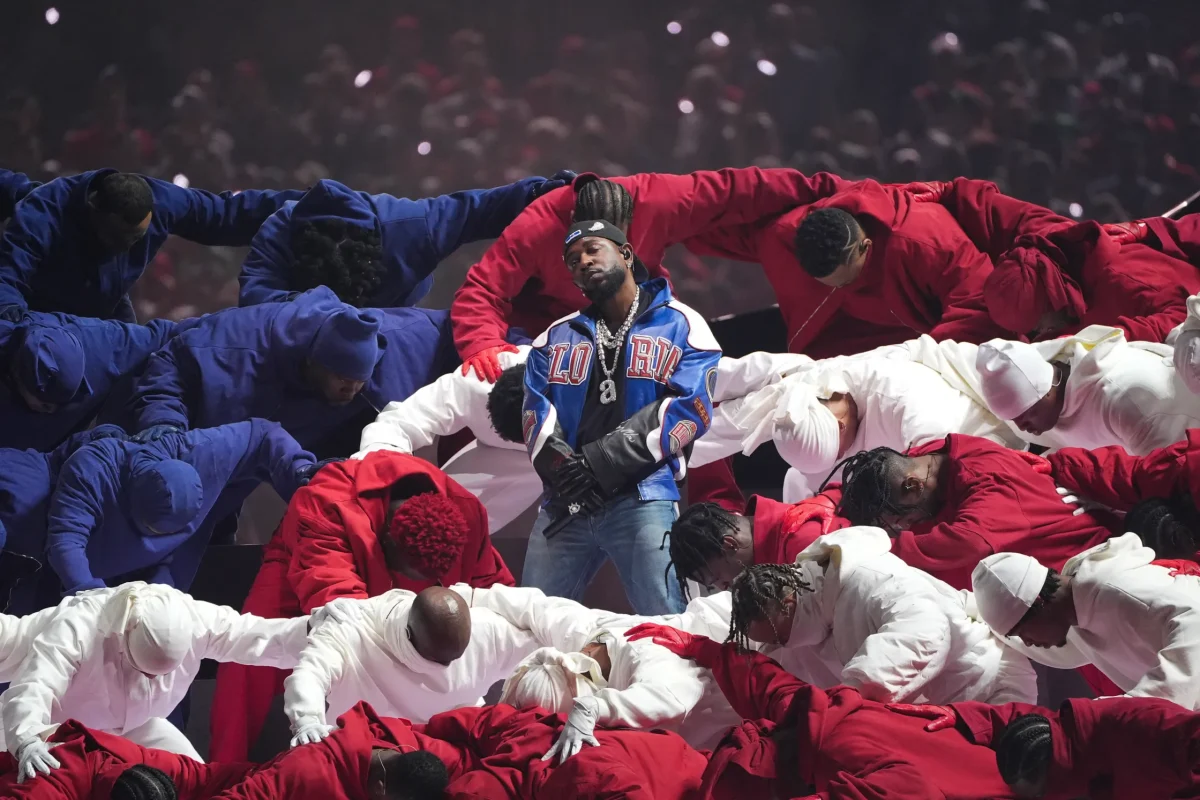On Sept. 1, 2023, the Texas House Bill 900 otherwise known as the “READER Act” became effective. It was signed by Governor Abbott in June of the same year. On Jan. 1, 2025, all Texas school districts were required to post a list of sexually relevant materials in their collections.
My personal belief is that the Texas House Bill 900 is a bad idea. Some of the students from the many public districts might not be able to go to a public library and purchase/borrow a book that they want to read, which is why allowing students to get books of their choice from their school library would be beneficial. Students are bound to be exposed to information that might not be necessary at their current age, but will eventually become helpful in the future.
The main focus for the bill is to get rid of books that include racial history, racism, abortion, sexual identity, and LGBTQ+ representation. Nowadays, these topics are becoming more serious and it’s even gotten to the point where some people are being punished for using crude language against these topics.
Especially with the abortion law that was passed in Texas in June 2022, it feels crucial to not allow information about that in school libraries. It’s wrong for them to especially try to hide books about racial history, racism and other issues along those lines.
Although there are some books that have a better chance of being in a high school library for students instead of elementary school students, it is the librarian’s duty to have books that are drawn as “appropriate” for the age range that are at said school. For schools that are, for example K-12, should have areas that are age specific or have another section for people that are 13 plus for more serious topics.
There are a handful of books that have recently been removed from public schools in the ISD for Texas. Some familiar examples of that are: “Captain Underpants” by Dav Pilkey, “To Kill a Mocking Bird” by Harper Lee, the entire Harry Potter series by J.K. Rowling, “The Bluest Eye” by Toni Morrison, and many more.
The book that was banned the most from 2023-2024, totalling 98 bans, was “Nineteen minutes” by Jodi Picoult, which was a multiple-award winning novel that talks about the unfolding of a school shooting, including the events leading up to the incident and the aftermath of the incident. It was Picoult’s first book to debut at #1 of the NY Time Best Seller list in 2007, the same year it was published.
Most of the books that have been removed are due to their talks on racist / slavery-related topics, sexual situations, or novels related to the LGBTQ+ community. It shouldn’t be okay for there to be a bunch of books and/or graphic novels about such mature topics scattered around, but depending on the age range for where the books are being published (school wise), as stated before, it is the librarian’s duty to have books that are titled “appropriate” for the students of that school.
From an outsider’s perspective, it feels wrong to let people of a younger age read so much on topics that shouldn’t mean anything to them until later on in life, like books about true crime, for example. However, in reality it might help the person be more aware of how the world truly is like, and what to stay safe from. But with that being said, depending on how old they are whenever they get into topics like that, it might be helpful to monitor them, so it doesn’t lead to excessive paranoia. Being at a young age and obsessing over mature topics can mess up how their mind processes things as they grow older, so it’s best to let them at least be aware of it, but not unhealthily obsessed.
There are pros of the new bill, some examples being the protection of children, and the removal of sexually explicit content. But with pros, come cons. Some prime examples of the cons are overreach and censorship, along with possible educational harm.
After reading over the bill analysis, it is stated that a district, charter school, and school personnel have immunity from liability of this bill, although the district(s) are not specified. There are meetings for the head of public school districts that help ensure they comply with mandatory state standards like those in Texas, which require them to have policies that prohibit harmful material which is known as the “Adoption of and Adherence to Library Standards for Collection Development”. The bill requires the Texas State Library and Archives Commission (TSLAC), with approval by majority vote of the State Board of Education (SBOE), to adopt standards for school library collection development. The standards must be reviewed and updated annually, and have all books inside of the library match the policy. One of the policies that caught my eye was “Prohibits the possession, acquisition, and purchase of: harmful material, library material rated sexually explicit material by the selling library material vendor and library material that is pervasively vulgar or educationally unsuitable as referenced in Pico v. Board of Education.”
The Pico v. Board of Education is a 1982 Supreme Court case where the Court ruled that school boards cannot remove books from public school libraries simply because the books contain ideas they disagree with.
Plano Senior High School is one of the schools that were affected by this new act. It was a huge change given how large the library is, as well as the possible curriculum change for English teachers. After asking the PSHS librarian, Candace Neal, her thoughts on the change; this is what she said. “I am an advocate for intellectual freedom. However, I understand that parents may have concerns about what their child(ren) reads. I agree that the reading material selection is between the parent and their child(ren). I support their choices for their children. I believe PISD has good processes in place for parents who have objections to materials found in our school libraries or classroom libraries.”
In some eyes, the bill might be a good idea, but the bad constantly outweighs the good. Keeping students in the dark about the truth of the world won’t get us far. It’s best to educate students on how the world works and the difference between good and bad. Nelson Mandela once stated, “Education is the most powerful weapon which you can use to change the world.” and a quote like that feels important to stand by, because these students will be your future sooner or later.


